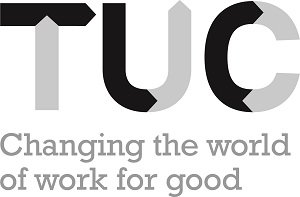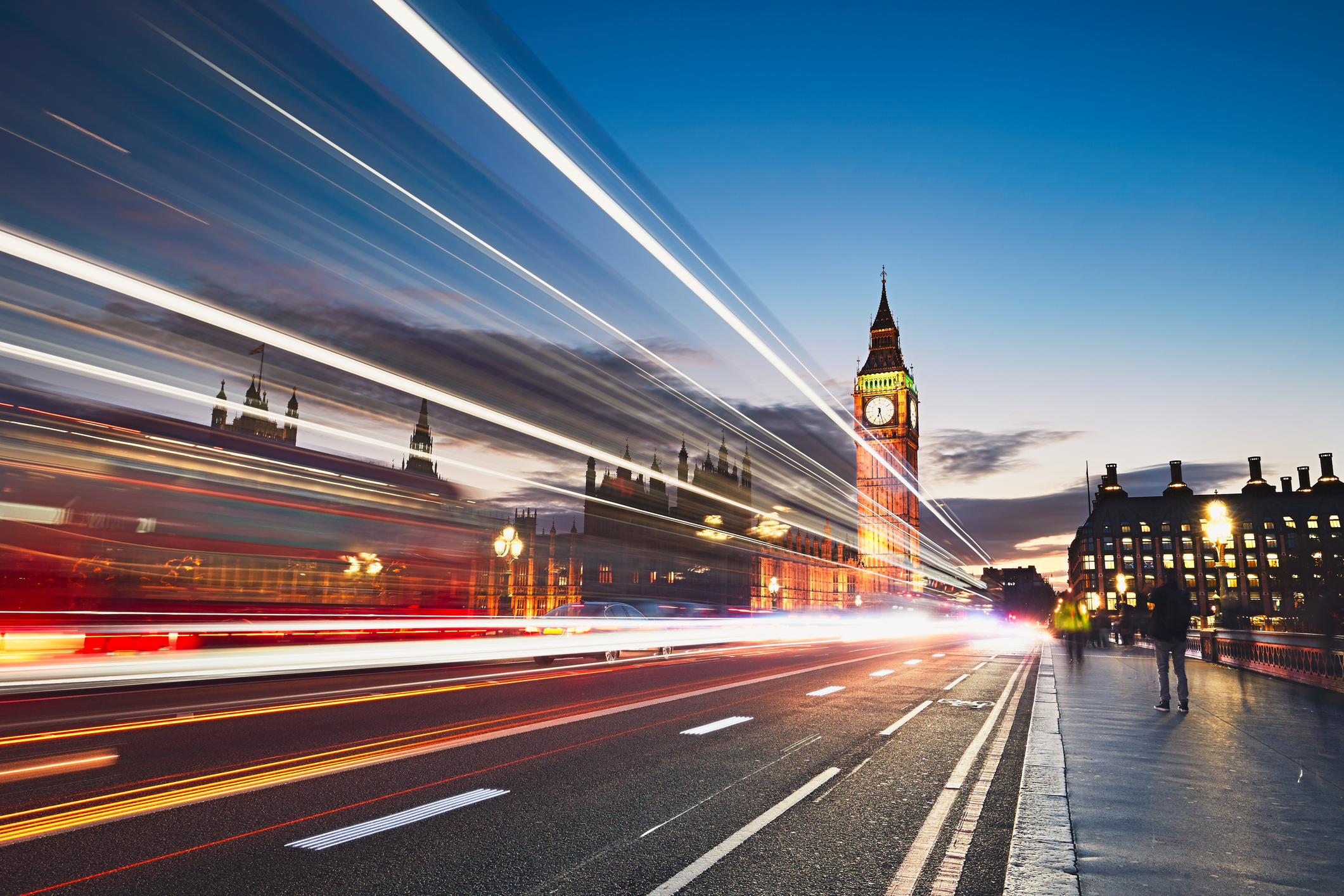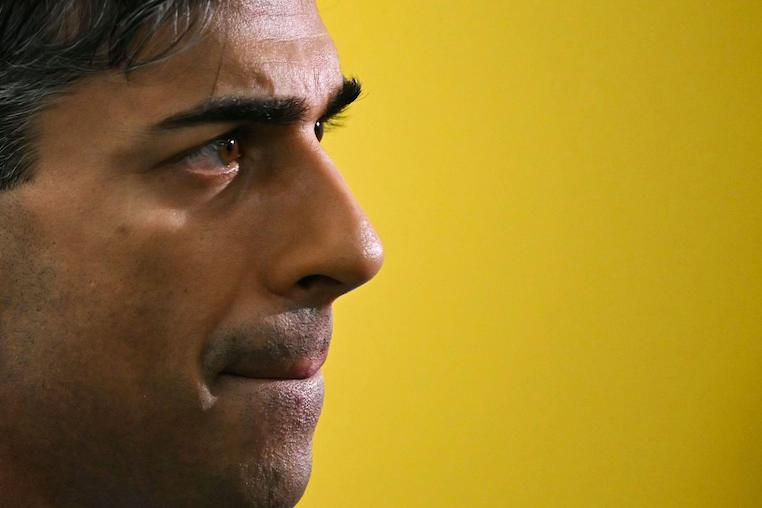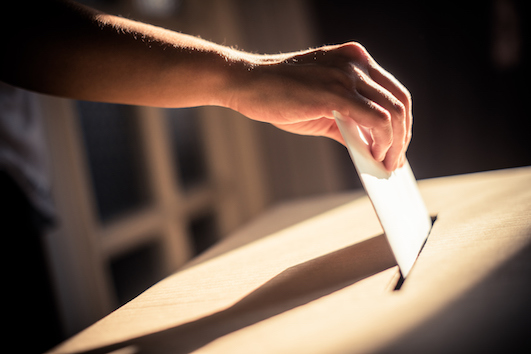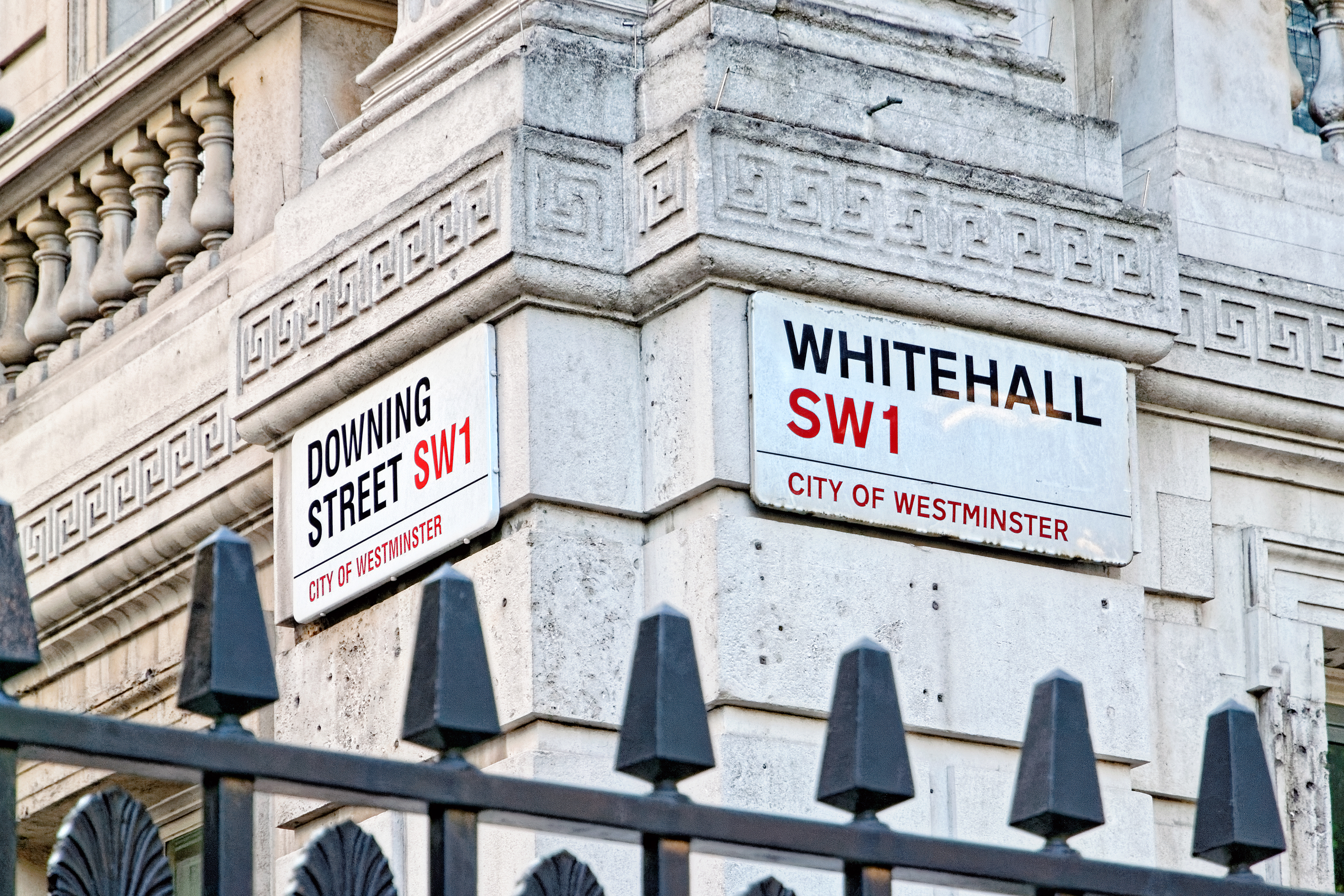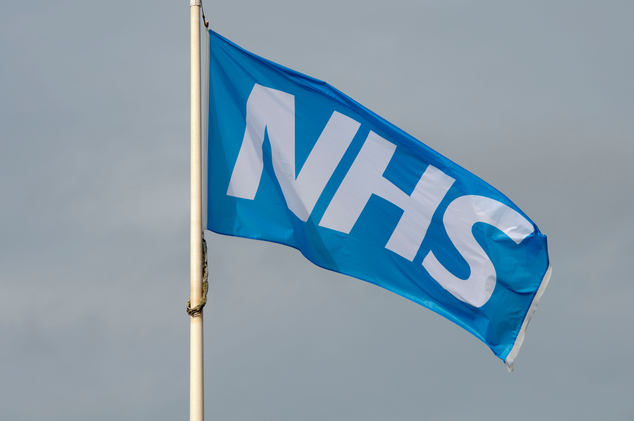What is the honours system?
The UK honours system is a means by which individuals are recognised and rewarded for merit, bravery, outstanding achievement or services to the country.
A wide range of honours exist, in a complex structure of rank and gradation. Many are centuries old and have their origins in the orders of nobility.
Honours are bestowed by the monarch – the “fountain of honour” – usually at the recommendation of the Prime Minister. Private nominations for honours can be made to the prime minister’s office by members of the public.
Commonwealth governments are permitted to recommend their citizens for honours, while foreign nationals may be nominated for some honours by the foreign secretary.


Honours are awarded at New Year and on the monarch’s “official birthday”. At these times, extensive “honours lists” are published. Honours are also distributed at other irregular times throughout the year.
Awards for gallantry are published periodically on a separate list.
The honours themselves are usually a medal or similar object, awarded to the recipient by the monarch at a formal “investiture” service. A whole system of rules determines which honours may be displayed when, and in what order.
The majority of honours entitle a recipient to use certain letters after their name. The higher honours confer noble titles: “Sir” and “Dame” in the case of knighthoods; “Lord” and “Baron” or “Lady” and “Baroness” in the case of life peerages; and one of the ranks of the hereditary nobility in the case of hereditary peerages.
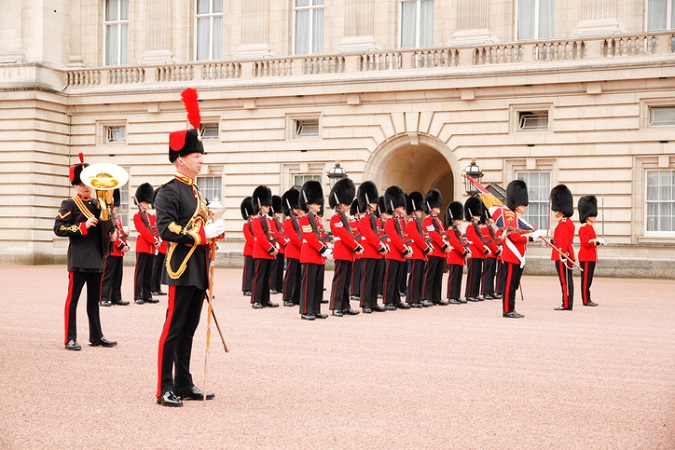
In 2020, the honours system was criticised for its link with Empire.
Who receives honours?
The honours system typically recognises those who have “made achievements in public life” and “committed themselves to serving and helping Britain”. This includes volunteers, scientists, business people, and entrepreneurs supporting British excellence. It also includes those displaying “moral courage”, people said to be making a significant contribution in their community, and those working to improve the lives of others.
Honours are also given to people who have made a major contribution across a range of fields, including sports people, health, science and technology, education, business and the arts and media. Bravery, or gallantry awards, are given to members of the armed forces and the emergency services and civilians.
Those eligible for a honour are any UK national, or any of the fifteen Commonwealth “realms” to which the Queen is monarch. Non-British or Commonwealth country citizens can also receive “honorary” awards.
How does the honours system work
Any member of the public or an official body can nominate someone for an honour. Nominations are made to the Honours and Appointments Secretariat through a nomination form.
Consideration of nominations typically takes as long as a year, albeit in 2020, honours recognising those involved in the response to the coronavirus pandemic were approved in less than six months.
The suitability of potential nominees is then established through “merit” and “probity and propriety” checks. This vetting process, to avoid bringing the system into “disrepute”, is said to involve the input of governmental bodies, professional organisations, HM Revenue and Customs and the Criminal Records Office.
Nominations then go before a different honours committee, of which there are said to be ten, each covering a specialist subject area such as sport, science and technology, education, voluntary and local service, or health. Honours committees are said to contain independent experts and senior civil servants. The Foreign, Commonwealth and Development Office (FCDO) oversees the Diplomatic Service and Overseas List.
Recommendation of the various nomination committees are then passed on to the Prime Minister and, ultimately, the Queen for approval.
It is not necessary for someone to accept a reward, and people do from time to time, refuse.
Honours are normally presented at Buckingham Palace by a serving member of the royal family, such as Prince Charles or Prince William.
Controversies
Although widely popular in many quarters as a part of British “pomp and circumstance”, and as a method of rewarding distinguished service, some aspects of the honours system are highly controversial.
In the past, the honours system has been abused for corrupt purposes. One Maundy Gregory, allegedly encouraged by David Lloyd George, openly sold honours in the 1920s – resulting in the convicted fraudster Sir Joseph Robinson receiving a peerage in 1922 in exchange for £30,000.
Naked corruption of this sort no longer exists, but it is regularly still remarked how donors to political parties are often found in the lists of those rewarded with honours.
Furthermore, the prime minister is able to use honours for leverage. Back in 1962, many of the victims of Harold MacMillan’s “night of the long knives” were mollified with peerages.
More recently it was alleged in some quarters that Tony Blair convinced a number of ageing Labour MPs to retire in 2001 to make way for young New Labour high-fliers, by promising them peerages.
Tony Blair was also accused of using his powers of patronage to pack the House of Lords with his supporters, sometimes referred to as “Tony’s cronies”. It is a matter of established fact that Tony Blair created more life peers than any of his predecessors. The government maintained, however, that the predominance of Labour supporters among their numbers was justified in balancing out the historic Conservative dominance in the Upper House.
In recent years, a similar criticism has also been levelled at both Theresa May and Boris Johnson. Rather than those with distinguished experience in a diverse range of fields, eye brows have been raised at the number of political advisors that the pair have seemed to appoint to the House of Lords.
In early 2006, the police were called upon to investigate allegations that fundraisers for both the Labour and Conservative parties had offered supporters a life peerage in return for their financial support. Both parties denied the claims but the ensuing row led to calls for greater scrutiny of the process of appointing people to the House of Lords.
Tony Blair and various other figures from all the main parties were interviewed by the police over the affair. Lord Levy, Labour’s fundraiser, was arrested and released on bail. The story had a major political impact and, according to some commentators, hastened the end of Mr Blair’s premiership. The Labour party returned a number of loans, leaving it with a financial headache at the time.
Nevertheless, the crown prosecution service announced on July 20th 2007 it would not bring any charges against any of the individuals involved. The service said it had not rejected the idea the loans may have been made in exchange for honours, but it could not find any direct evidence sufficient for a successful prosecution.
A later investigation into the honours system by the House of Commons Public administration select committee concluded that the commission overseeing House of Lords appointments process should be made independent from government and given greater powers.
In addition, it recommended greater clarity between giving out a life peerage as an honour and as a qualification for membership of the House of Lords. This has all played into the public narrative being advanced for Lords Reform.
There has also been a longstanding tendency of governments to make awards to celebrities. In relation to the first appointments to the Order of the British Empire in 1917, Sir Frederick Ponsonby, Keeper of the Privy Purse, urged the inclusion of well-known names as “window dressing to make the new decoration attractive”.
In December 2003, leaked documents reported in the press alleged that tennis player Tim Henman had been nominated for an OBE in order to generate interest in the New Year List. The same documents alleged that the Medical Research Council’s chief executive, Professor Colin Blakemore, had been overlooked for an honour because of his controversial views on animal experimentation.
The longstanding practice of giving some awards exclusively and routinely to a senior civil servant or diplomat has also been widely criticised. It has been condemned as unfair favouritism by other professions and as at odds with the modern focus of public services on delivery. The House of Commons’ public administration committee’s report on the honours system of July 2004 recommended the abolition of the Order of the Bath and the Order of St Michael and St George for this purpose.
Although the public has a greater role in the process since 1993, it is still widely felt that the honours system is not sufficiently transparent. Government departments have defended this on the grounds that greater openness would result in lobbying for particular candidates.
During her time as Prime Minister, the cricket loving Theresa May, was criticised for the large number of cricketers that she put forward for honours. These included recent England cricket captains, Andrew Straus and Alistair Cook, and her favourite batsman, Geoffrey Boycott. In Mr Boycott’s case, the honour generated controversy given a previous conviction in a French court for assaulting his then girlfriend. Mr Boycott was fined £5,000 and given a three-month suspended jail sentence, but has always denied the charge.
In recent years, the British Empire Medal has been particularly controversial. Among some sections of the population, particularly ethnic minorities, the British empire is a “dirty word”, evoking memories British imperialism. The BEM was discontinued in 1992 by the then prime minister, John Major as part of his drive for a “classless society”. However, the medal was brought back into use by David Cameron in June 2012 to coincide with the Queen’s Silver Jubilee.
In December 2020, the then shadow education secretary and Labour MP, Kate Green, attacked the current British honours system. Ms Green said that honours were hierarchical and the link to Empire was “hurtful to people”, telling the BBC that, “You can’t justify that branding”.
Political opponents pointed out that this was Kate Green OBE, who had herself willingly accepted an Order of the British Medal in 2005.
Early history of the honours system
The modern honours system has its origins in the relationship between the sovereign and the nobility. In the Middle Ages, successive monarchs shifted from rewarding aristocratic allies with land, money and weapons for their loyalty and services to bestowing personal honours, ranks and titles.
The highest English order of chivalry, the Most Noble Order of the Garter, was founded in 1348 by Edward III as a re-creation of the round table of King Arthur. Its membership is restricted to the monarch, the Prince of Wales, and 24 knights-companion. It is disputed as to whether this, or its Scottish equivalent, the Most Ancient and Most Noble Order of the Thistle, is the oldest surviving British order of chivalry.
The role of the prime minister in the honours system emerged in the 17th and 18th centuries, as the personal rule and prerogatives of the monarch gave way to parliamentary sovereignty. At the same time, the award of honours for service to the monarch evolved into service to the state (although the senior orders of chivalry remain the exclusive preserve of the monarch). Even today, a wide range of honours are restricted to the military or civil servants, including the Order of the Bath, the Order of St Michael and St George and the Imperial Service Medal.
However, at the start of the 19th century, the orders of chivalry were the exclusive preserve of the aristocracy and the senior military. As the “establishment” became more open to the middle classes during that century, the range of people to whom honours were awarded widened. The most recent and largest order, the Order of the British Empire (OBE), founded in 1917, was open to anyone who had given service to the UK.
Although the monarch had for centuries been empowered to create hereditary peers, with rights to sit in the House of Lords, the Life Peerages Act 1958 had a profound impact on the honours system and parliament. The Appellate Jurisdiction Act 1876 had introduced the concept of the life peer; these were the Lords of Appeal in Ordinary (commonly known as Law Lords) appointed by the Sovereign. The 1958 act enabled the prime minister to make his or her own appointments to the Lords, including for explicitly political purposes.
A recent reform of the honours system came in 1993, when prime minister John Major introduced changes to make it easier for the public to make nominations for honours.
Following a review of the Honours System carried out in 2004 by Sir Hayden Phillips, a new system of eight committees was formed in 2005 to advise the Cabinet Secretary on the twice-yearly lists of recommendations for honours which are put to the Queen by the Prime Minister. The committees comprise experts and specialists in the particular areas covered by each committee and the chair and the majority of committee members are independent of government.
Statistics
Cabinet Office figures released under a freedom of information (FOI) request from the Guardian newspaper revealed that, from 2011 to 2020, some 443 people rejected a knighthood, MBE, OBE or other honour.
Quotes
“The Queen’s Birthday Honours List is published today and, in this Jubilee year, the re-introduction of the British Empire Medal has provided the opportunity for even greater recognition of the achievements and service of extraordinary people right across the United Kingdom”. – Cabinet Office – June 2012

